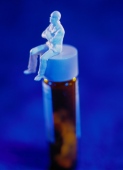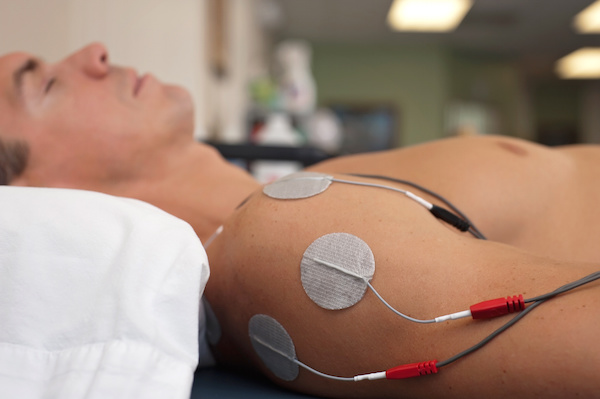
WEDNESDAY, Jan. 13 (HealthDay News) — Reduced dosages of dopamine agonists, drugs routinely used to treat Parkinson’s disease, can cause symptoms similar to those experienced by addicts in withdrawal, such as anxiety, panic attacks, pain, dizziness and drug cravings, researchers say.
The symptoms of what the researchers have dubbed “dopamine agonist withdrawal syndrome” have been linked to a disruption in levels of dopamine in the brain, according to the study published in the Jan. 12 issue of the Archives of Neurology.
“Like cocaine and methamphetamines, dopamine agonists work by stimulating the reward pathways in the brain,” senior study author Dr. Melissa J. Nirenberg, said in a news release from Weill Cornell Medical Center.
“For this reason, it makes sense that they would engender similar withdrawal symptoms, particularly in those with high cumulative drug exposure,” explained Nirenberg, associate director of the Parkinson’s Disease and Movement Disorders Institute at New York-Presbyterian Hospital/Weill Cornell Medical Center and an assistant professor of neurology and neuroscience at Weill Cornell Medical College.
Dopamine agonists are used as an alternative to the drug L-DOPA, which can cause side effects in patients with Parkinson’s, such as involuntary movements. The dopamine agonist drugs — pramipexole (Mirapex) and ropinirole (Requip) — are also approved for treatment of restless legs syndrome.
In the study, researchers looked at the medical records of 93 people with Parkinson’s disease, 26 of whom lowered their doses of the dopamine agonist drugs. Five of these patients — 19 percent — experienced dopamine agonist withdrawal syndrome. Three of the five patients couldn’t adjust to the withdrawal symptoms and had to stay on the dopamine agonists, which can cause impulse control disorders, such as compulsive behaviors related to gambling, shopping, eating or sexual activity.
More information
The U.S. National Institutes of Health has more on Parkinson’s disease.

